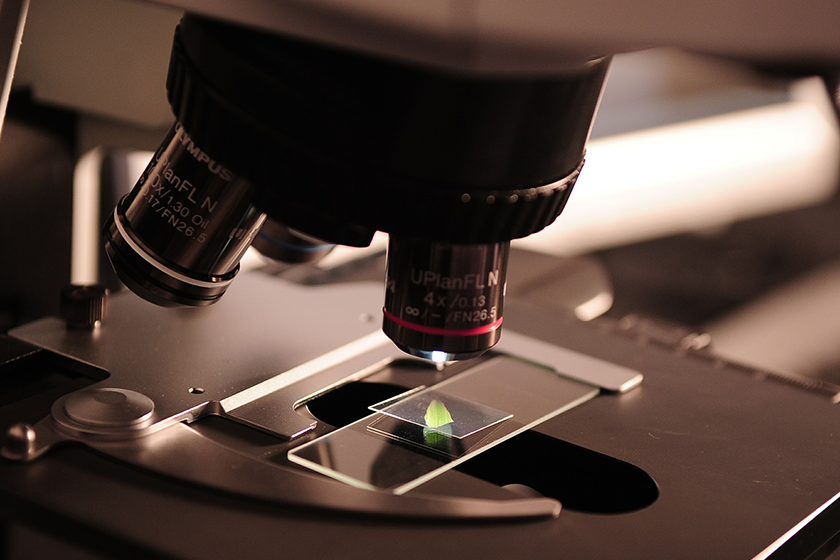Unreasonable Certainty: A Call To Abandon “Reasonable Degree of Scientific Testimony” Terminology
The prevailing practice in many jurisdictions, usually compelled by custom rather than law, is to ask a testifying expert whether the opinion proffered or the conclusion drawn is held “to a reasonable degree of scientific certainty.” Yet scientists do not proclaim certainty in their domains; instead they acknowledge and embrace scientific knowledge as an area of change and evolution. And any attempt to define the term fails – how certain is “reasonable” certainty, and how is that measured except as a subjective appraisal rather than a uniform measure within a discipline? The origins of the term also confirm its inutility and inappropriateness in most if not all circumstances. The history of this legal term – and its beginnings with medical experts – was traced in Lewin, The Genesis and Evolution of Legal Uncertainty About “Reasonable Medical Certainty,”, 57 Md. L. Rev. 380 (1988). The emergence of this terminology came from early precedent in regard to expert testimony predicting future consequences such as the need for medical care in years to come or the likely harm …


